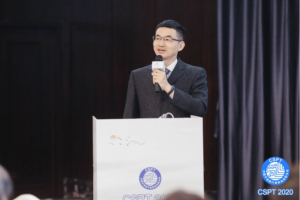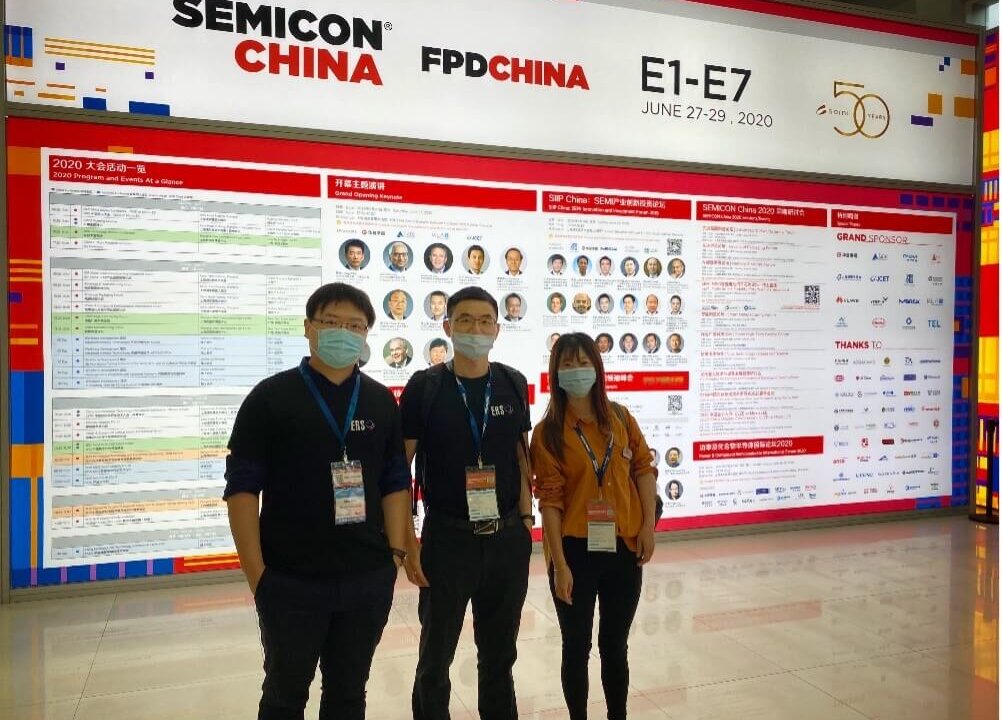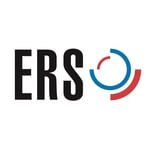China consumes more than 50% of all semiconductors annually. However, with a rapidly growing consumer market, domestic Chinese manufacturers can meet only around 30% of their own demand. A statistical report from China Electronic Production Equipment Industry Association (CEPEA) shows that the domestic market self-sufficiency rate of integrated circuit equipment is only about 5%, and the self-efficiency rate of the IC front-end equipment market is even lower.
Despite the technical gaps in some semiconductor production processes, China has significantly increased its competitiveness in assembly, testing, and packaging of electronics over the past two decades, making it an attractive market for equipment suppliers. However, navigating and establishing your business in a foreign market means adapting to and adopting certain practices. Here are some things we have learned about doing business in China since we opened our sales office in Shanghai in 2018.
Getting to Know the Industry

Advanced packaging is one of the fastest-growing semiconductor market segments in China. Thus, many advanced packaging-related events take place there every year, including the SiP Conference, SYNAPS, and the all-encompassing SEMICON China. While many event organizers had to move their events online this year, those in China were able to open up for in-person events again in the summer, adhering, of course, to strict hygiene and safety regulations.
Thanks to our team on-site, we were not only able to attend these events but also to present at the China Semiconductor Packaging and Test Market Technology Annual Conference (CSPT), one of the most prominent advanced packaging conferences in China (Figure 1). The conference has been exclusive to Chinese companies in previous years, but this year, possibly due to COVID-19, they allowed non-Chinese companies to attend. Exhibiting and presenting at regional events like these is crucial in order to be seen by the local big names in the industry and to learn about the latest market developments. CSPT, for example, presents an industry forecast for the upcoming year, which many domestic companies use to outline their annual plan.
Email or WeChat?
As in any industry in any part of the world, communication is a vital component for a well-functioning business relationship. In Germany, email is the primary business communication tool, and especially this year many of us started using Microsoft Teams, Zoom, or Skype to hold meetings. If a company intends to raise its brand awareness or build-up a business network, it may choose LinkedIn as a corporate social media platform. In China, however, instead of using various applications in parallel, WeChat, which integrates all the functions mentioned above, is the go-to app for people’s work and private life. As its creator Tencent announced earlier this year, there are 1.151 billion WeChat active users per month. Especially in big cities, such as Beijing, Shanghai, and Guangzhou, WeChat has become the default digital platform for social interaction, also with business partners. For example, instead of exchanging business cards, the Chinese will often invite you to scan their WeChat QR code (Figure 2). And although it may seem invasive, do not be afraid to use WeChat to ask business-related questions. You will not only get an answer, but you can also expect to receive it a lot quicker than via email.

In 2019, there were over 1 billion WeChat users overseas, and although privacy is still a concern among western users, the use of WeChat seems inevitable to those who want to expand their business in China.
Bridging the Gap Between Cultures
Learning the language, culture, and customs will always be beneficial if you want to enter a foreign market. China is often characterized by a high-context culture, which suggests that context and non-verbal cues tend to be more meaningful to the conversation than the actual spoken words. On the other hand, Germans are known for their directness and honesty in conversations, which can be interpreted as arrogance or impoliteness by the Chinese. Having native Chinese members in your team is, therefore, not surprisingly, a considerable advantage. (The feature photo above is of our Our ERS Greater China team at SEMICON China 2020.)
Not only is it essential to have a team of locals — you also need a local support team. A seven-hour time difference and adherence to different calendars (Lunar vs. Gregorian) can make it difficult to build solid business relationships.
Joshua Zhou, Sales and Marketing Director of ERS Greater China, says that offering local support is a huge selling point. “This is a fast-paced industry, and companies don’t have time to wait several weeks for technical support and service. Shipping defective products back to Germany for repair is both time-consuming and expensive. This year has shown that we cannot always rely on easy and fast travel overseas and has really highlighted the importance of building a local support team.”
While this may seem obvious, we find that it’s still worth mentioning, as it’s important to remember that customers, regardless of where in the world they are located, are quite similar.
“The Chinese market is often mystified by other countries. However, in our experience, it is not much different from any other market in terms of customer needs and wants. They want reliable and quick service and support, preferably in their native language, which is hardly unique to China,” says Laurent Giai-Miniet, CEO and CSMO of ERS.
It’s been almost three years since we opened our office in Shanghai, and we are still learning new things about doing business in China, which is to be expected in such a rapidly evolving industry and market. Thanks to our team, not only in China, but also worldwide, our focus can remain on providing the best possible solutions and services to our customers. After a tumultuous year, we are excited to see what awaits us in 2021!
About the Authors
 Sophia Oldeide, co-author of Doing Business in China: a European Company’s Perspective is PR & MarCom Manager for ERS electronic GmbH, a thermal solutions provider based in Munich, Germany. She manages editorial and commercial content on behalf of the company, as well as event planning and public relations. She joined ERS in 2019 after graduating from Lancaster University.
Sophia Oldeide, co-author of Doing Business in China: a European Company’s Perspective is PR & MarCom Manager for ERS electronic GmbH, a thermal solutions provider based in Munich, Germany. She manages editorial and commercial content on behalf of the company, as well as event planning and public relations. She joined ERS in 2019 after graduating from Lancaster University.
 Chengxu (Flora) Huang, co-author of Doing Business in China: a European Perspective is Junior Marketing Manager at ERS electronic GmbH, focusing on the Greater China region. With a good sense of design and cross-cultural experiences, she specializes in creating visual marketing materials and written content in both English and Chinese.
Chengxu (Flora) Huang, co-author of Doing Business in China: a European Perspective is Junior Marketing Manager at ERS electronic GmbH, focusing on the Greater China region. With a good sense of design and cross-cultural experiences, she specializes in creating visual marketing materials and written content in both English and Chinese.
This article first appeared in the 2021 issue of The Yearbook. Find the whole issue here.






















